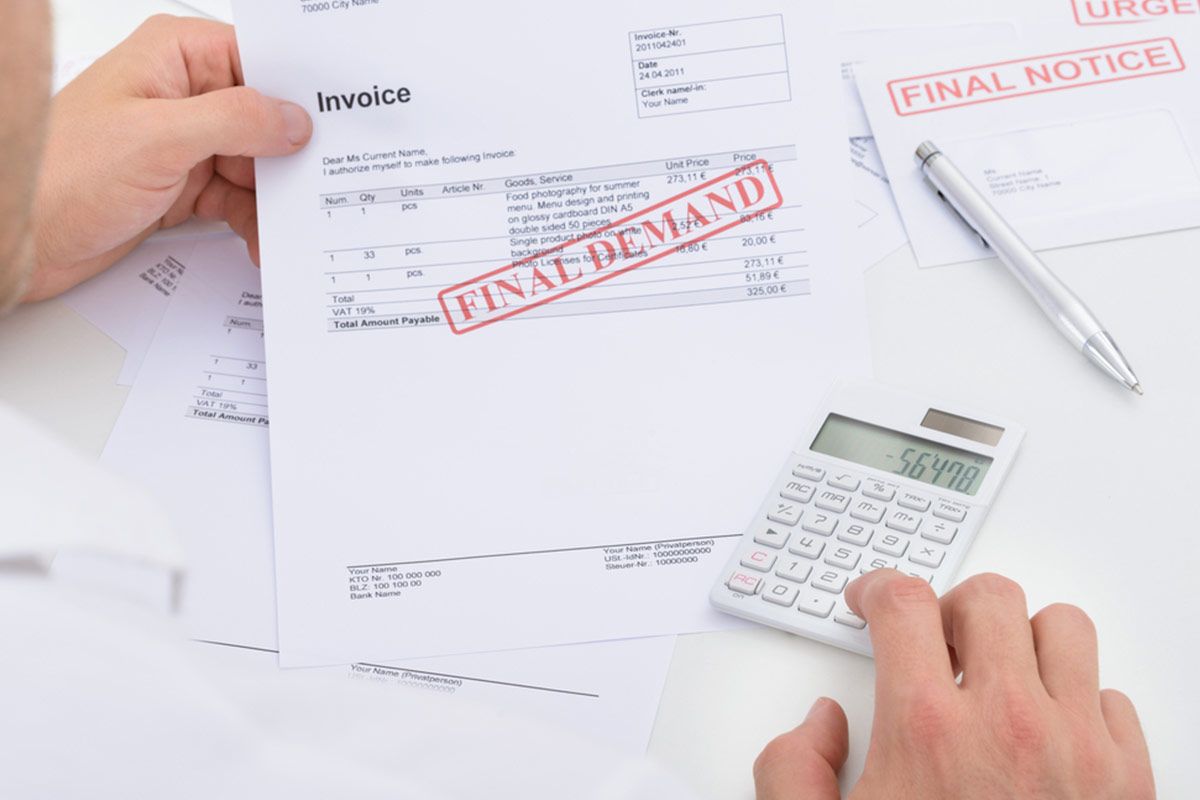Superannuation

Superannuation, also known simply as ‘super’ or a ‘superfund’, is a government regulated savings scheme. It’s basically a type of forced saving that you can’t access until after you’ve retired from work at a certain retirement age, unless in exceptional circumstances - see Early Release below.
How it works
Employers are legally required to pay a percentage of your salary directly to your nominated superannuation fund account in lieu of giving it as a wage. By saving and growing over many years, it should create a ‘nest egg’ of money to help you live in retirement. The money becomes available after a certain age (called the “preservation Age’) if you have retired from work. The preservation age varies from 55 to 60 years, depending on your birthdate.
Money and investments held in Superannuation are generally taxed less than investments held outside a super fund. Money held in a super fund is protected from creditors, and judgement debts
You should receive a statement each year from your superfund to show your account balance.
Most super funds offer optional insurance cover to pay you if you are injured or disabled and unable to work as well as a death benefit for your nominated beneficiary. This insurance may be transferrable if you change superfunds.
If you have several different super funds, you should consider consolidating them into one fund to save you costs, fees and paperwork. Speak to your super fund for more information. You can also ask your super fund about transferring your insurance cover from the fund you are closing to your new fund.
Super funds charge fees to manage your accounts. Some non-profit funds offer a low-fee service aiming to improve your super earnings. It can pay to shop around. You are entitled to choose your own superfund provided it is regulated and approved by government.
Superannuation – Early release
In very limited cases, you may be able to apply to receive some of your Superannuation funds early, or before your ‘preservation Age’. The Super Fund administrators decide whether to approve early release, limited to the following situations:
- To pay Medical, disability or funeral expenses.
- If you have a terminal illness.
Severe Financial Hardship Grounds
- To pay immediate living expenses, up to $10,000 per year (after having been on Centrelink allowances for at least 26 weeks).
- Mortgage or Council rate arrears where your home is at risk of being sold by the bank.
Need to Know:
Taking money out early will reduce the amount of savings you have at retirement.
Tax may be payable on money taken early from super, and may impact any Government Benefits you receive.
Money held in super accounts is safe from creditors, debt collectors. Money you take out of super is no longer protected from creditors.
You can find out more at the National Debt Helpline site.
Podcast: Rock solid benefits of super funds
Many people are unaware of the benefits their super fund can provide them, and when they get into a financial mess, they aren't aware that help could be just a phone call away to their super fund manager.
Listen to this short podcast Rock Solid Benefits of Super Funds where Better Place Australia financial counsellor, Christine, shares four areas that you need to know about your super fund, which can get you out of some financial difficulties.




